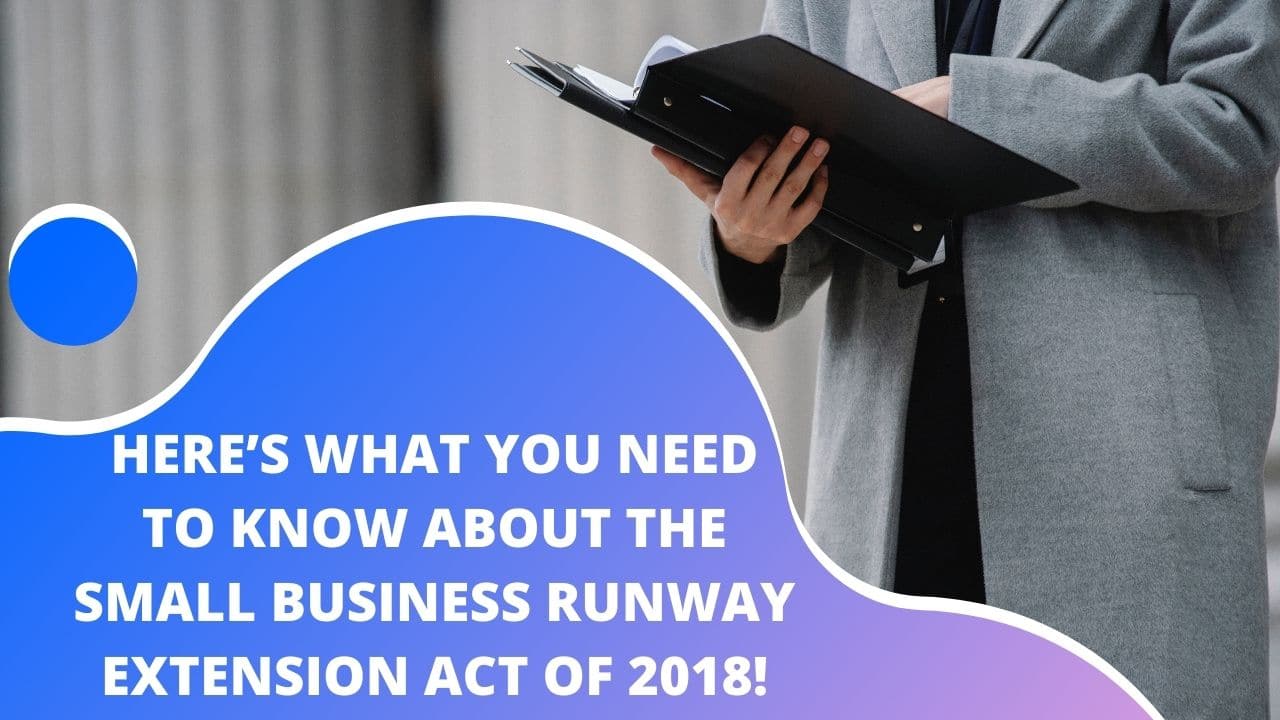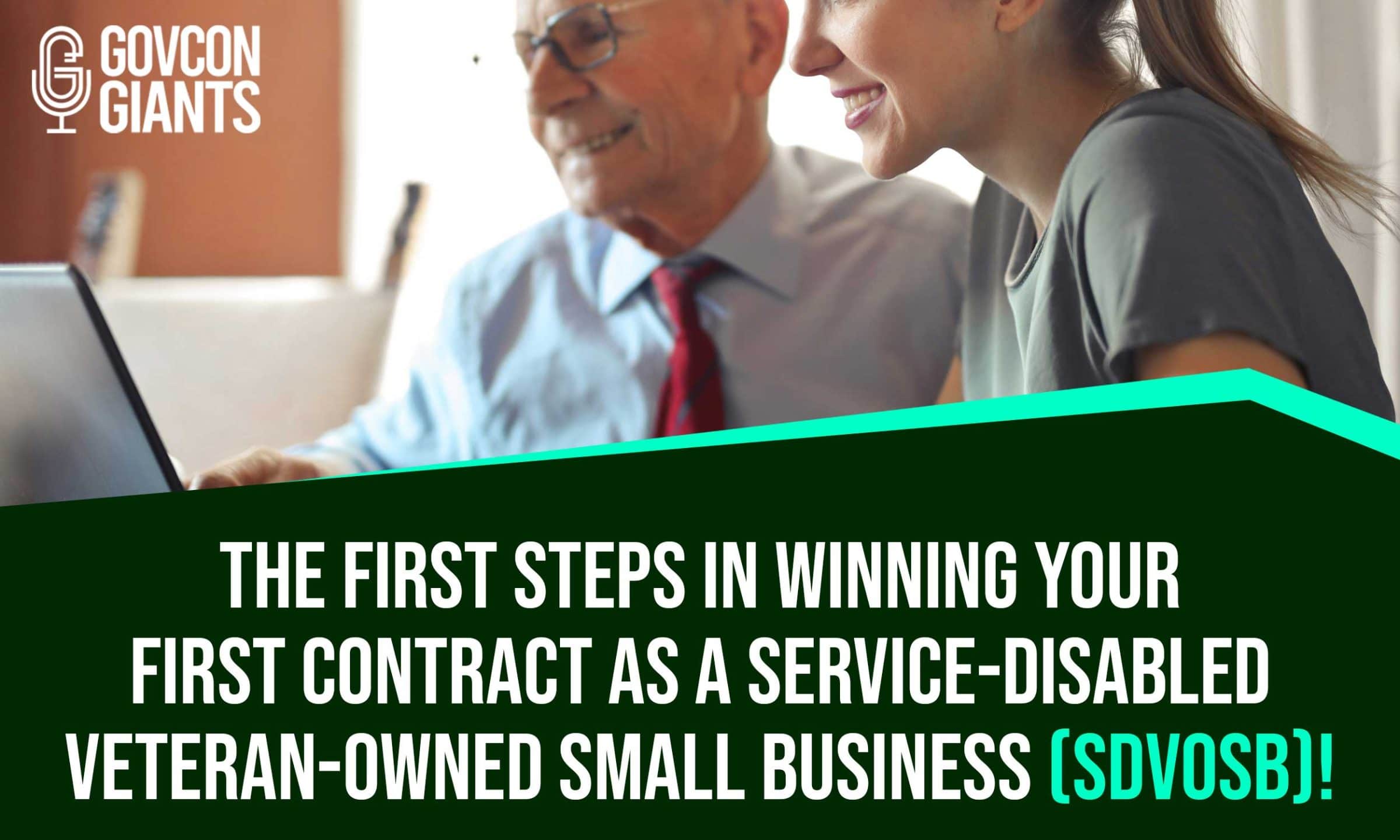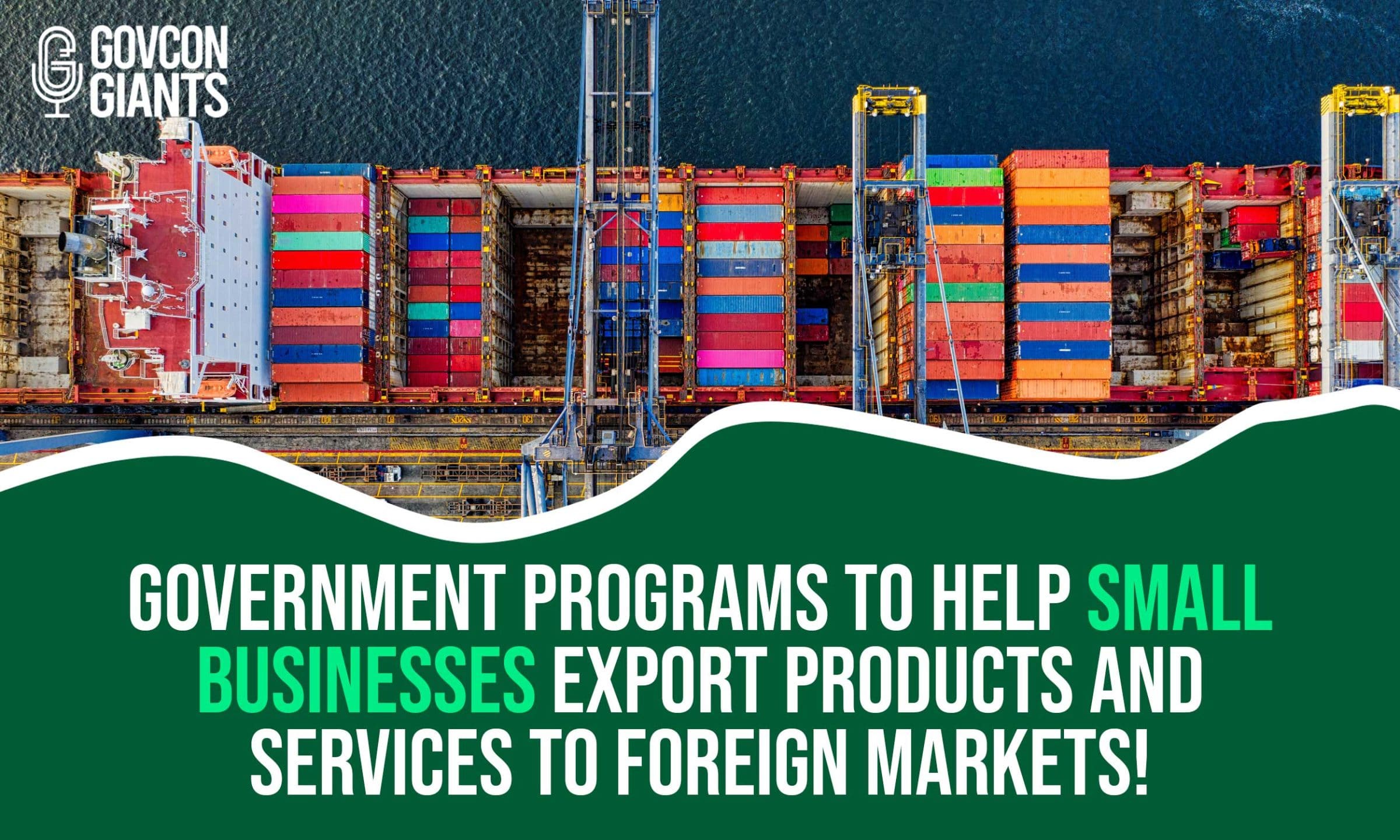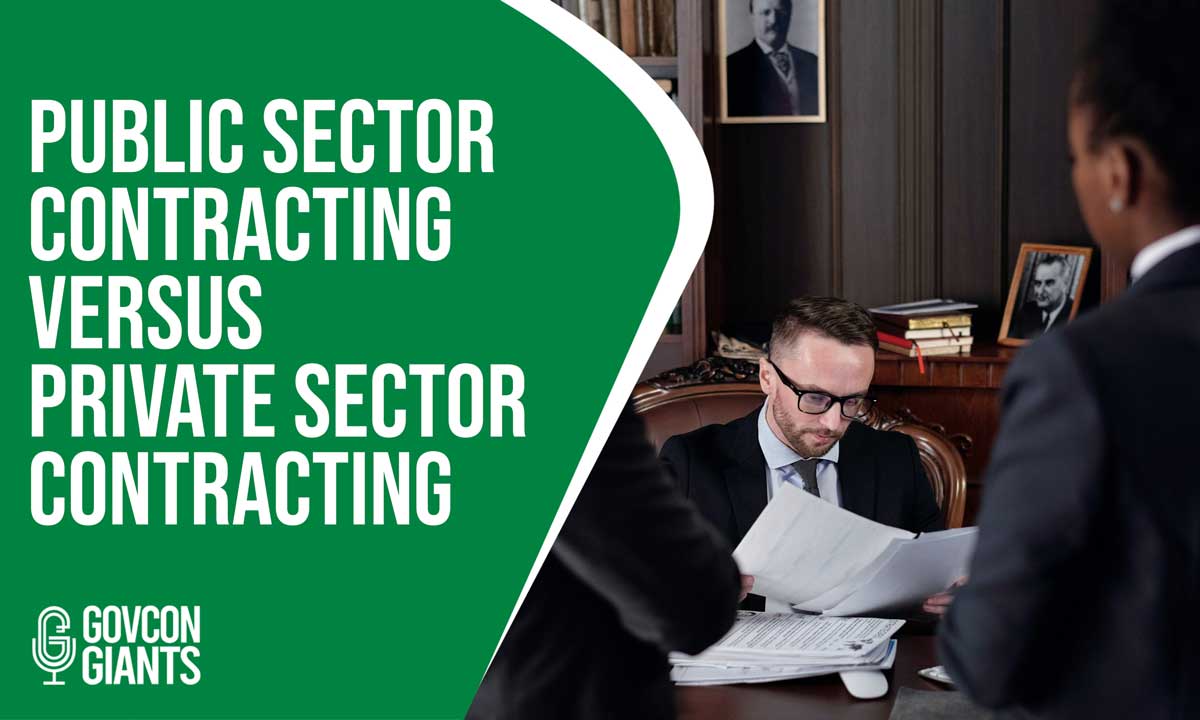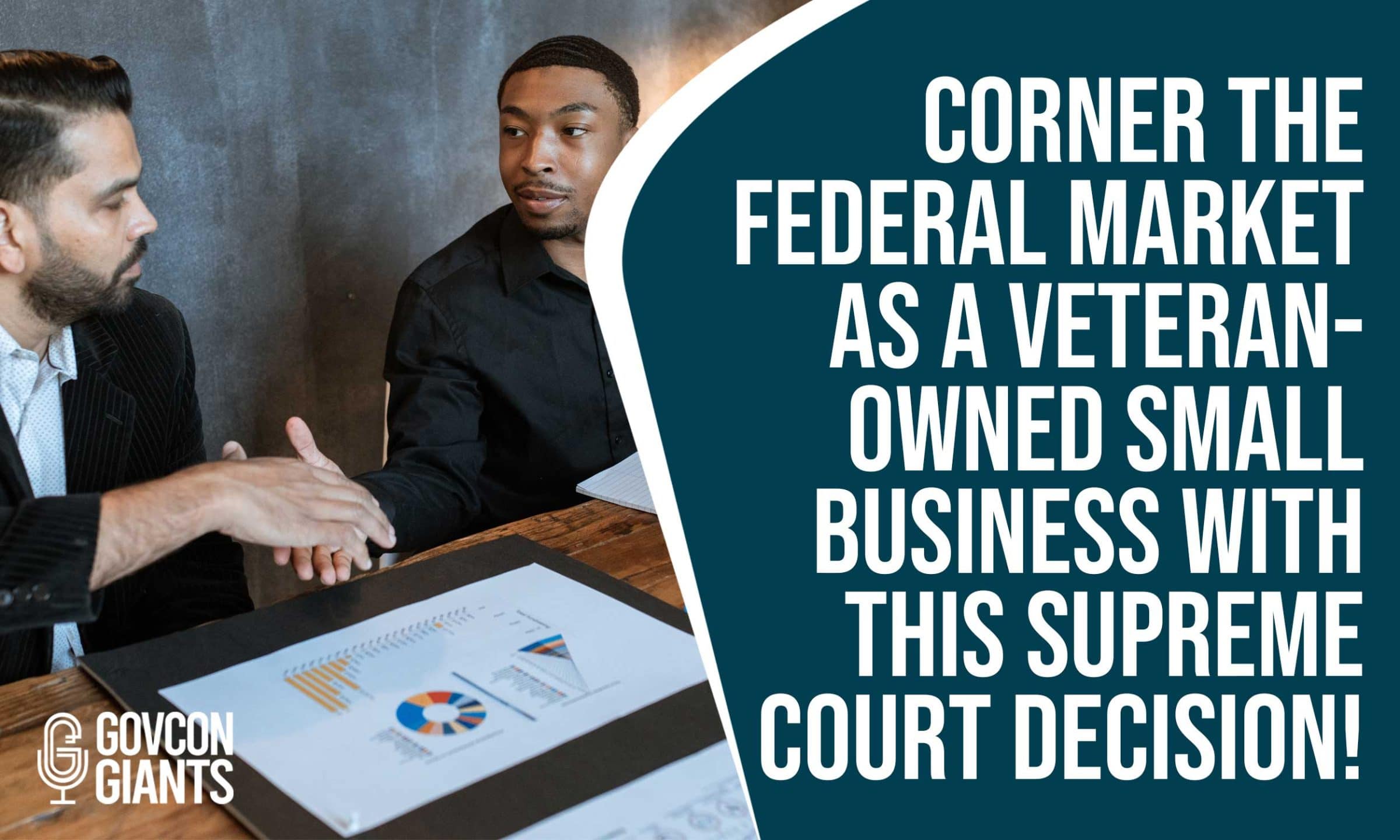What is a lead and how do these people will lead you to your govcon success? Let’s find that out through this new blog with Top 5 Lead Sources for Federal Contracting Judy Bradt!
WHAT IS A LEAD?
Someone who has already paid you money is 12 times more likely to do that again than somebody who’s never heard of you.
That someone is a lead and your best leads are the people who already know you, like you, trust you, and have paid you money. These are the people who pay you on time and come back for more.
“The first lead source you can tap are the people who are your current clients.”
Then, by identifying these people, you can do follow-up conversations. Just manage to get really up close and personal.
But who are these leads and how to deal with them? Read the next part for more.
5 LEAD SOURCES FOR FEDERAL CONTRACTING
1. Clients
Your current clients are a great source of business leads because you already know them and you know what they like.
What you need to do is to continue building that relationship. What does win look like to them? What is something that they care about?
“The 20% of your clients represent the 80% of your referral and return business.”
2. Contacts
These are people that may have not bought something from you, people whose information is on one of the other sources of your contract data, or people whom you met at an event but never fully connected with.
What you need to do is to continue nurturing your relationships with these people.
You may lose a lot of the time doing this, but this is a must as you just don’t know what your network can yield.
3. Contract Notices or Data
Your third leads are past contract data, agency forecasts, and current notices about things that are coming up for bid.You can extract these information in some govcon database such as beta.sam.gov and start there.
Still, instead of just looking at all of these and going, “What can I bid?” start asking, “Who’s my buyer? Who’s my federal human? What else can I find out about that person and the people at the other four layers around them?”
4. Federal Employee Directories
Each agency has their own employee directories that you can use to start building relationships with.
However, make sure that you are targeting the specific people that are doing the buying process and not just connecting to all of the people in that directory.
“You don’t want to start an employee directory and go fishing. You want to go hunting. You want to be very specific about who you’re tracking down and why.”
5. LinkedIn
LinkedIn is a tremendously valuable place to look and build relationships with federal employees.
Considering that there are over two million federal employees on the platform, this is an opportunity that you should take advantage.
What you need to do is look for the specific people within the agency that you want to do business with. Connect with them and communicate with them, thereafter.
“The LinkedIn profile can help round out the picture of who this person is as a human being and give you some other ways to ask some other questions to build a relationship with them or help them and get them to help you with your detective work.”
ADVICE FOR SMALL BUSINESSES
1. Make it easier for your customers.
Your customers don’t wake up and say that they’re going to give you contracts. However, you can encourage them to do that.
Assess these two statements: one is “Oh, let me introduce you to Sarah and Joe,” and the other is “Oh, I know some people. You should call Sarah and Joe.”
There’s a huge difference between the two. And the latter is not just telling them to do something, you’re encouraging them.
2. Don’t just use a cold request.
When you’re communicating with someone through LinkedIn or emails, make sure that you research more about them beforehand and don’t be too spammy.
Your lead sources can easily see if your message is just a cold request. So, instead of making them feel that way, write something meaningful for them.
“For goodness sake, look up their LinkedIn profile, look up what’s up with their company or their organization because if you don’t have time to learn about your government buyer, they sure as heck do not have time to learn about you.”
RESOURCES
If you want to learn more on what is a lead and how these people will lead you to your govcon success, then check our full Mastermind Monday video with Judy Bradt.
You can also visit the GovCon Giant website or the new GovCon Edu where you learn everything about government contracting!
Top 5 Lead Sources for Federal Contracting in 2021 – Eric Coffie
https://www.youtube.com/watch?v=Gz5wfEEUd-8
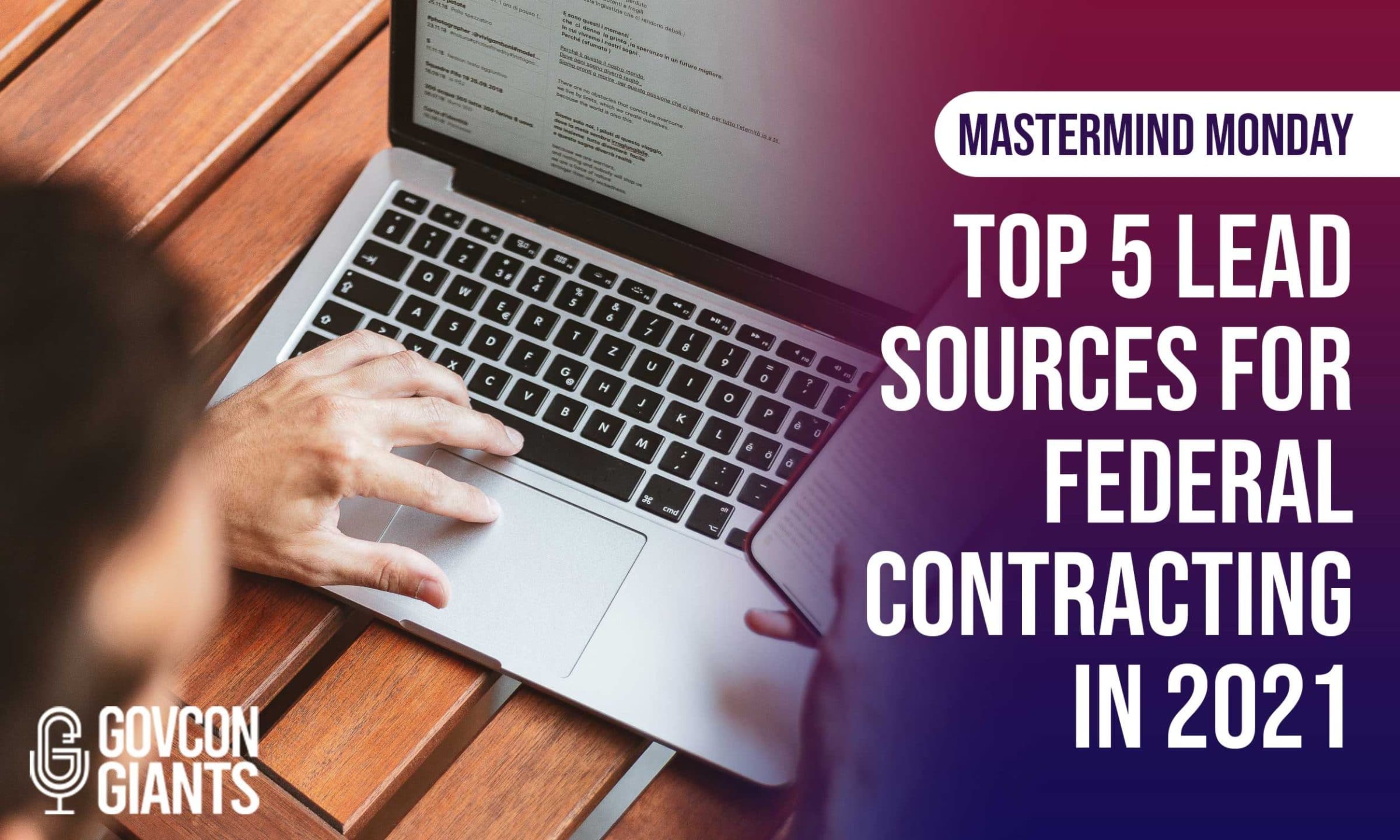
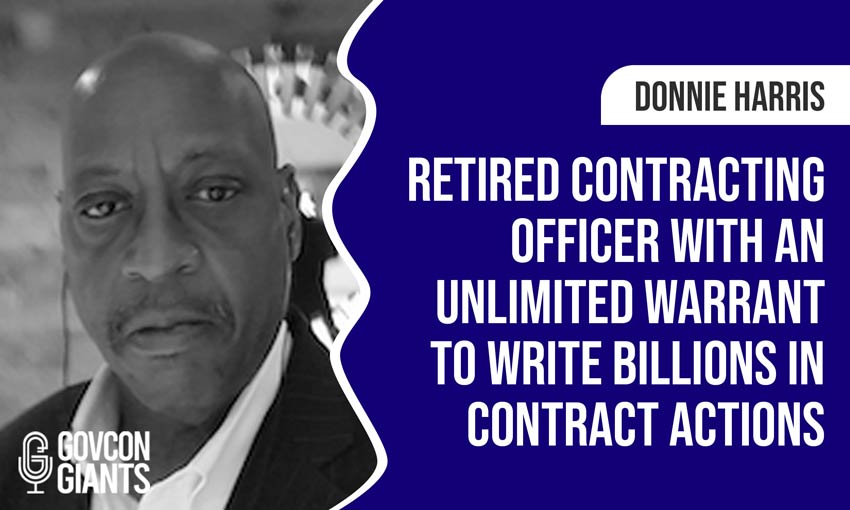


 This is something we should all be reflecting on daily. How to evolve and adapt just as nature does. Learning, growing, analyzing, refocusing and restructuring, in order to turn things around in our lives. If you are an entrepreneur and/or will be working in federal contracting, this is key to the foundation of your business and your well-being.
This is something we should all be reflecting on daily. How to evolve and adapt just as nature does. Learning, growing, analyzing, refocusing and restructuring, in order to turn things around in our lives. If you are an entrepreneur and/or will be working in federal contracting, this is key to the foundation of your business and your well-being.